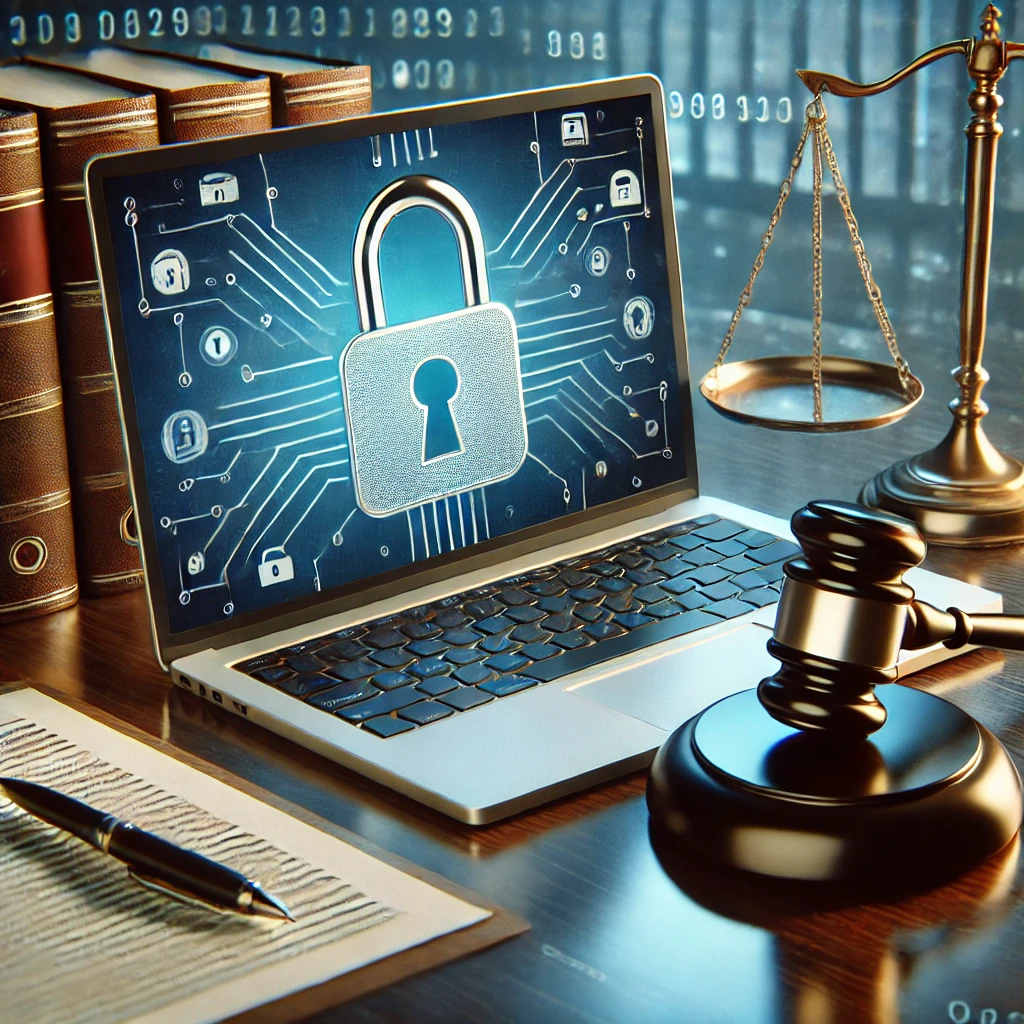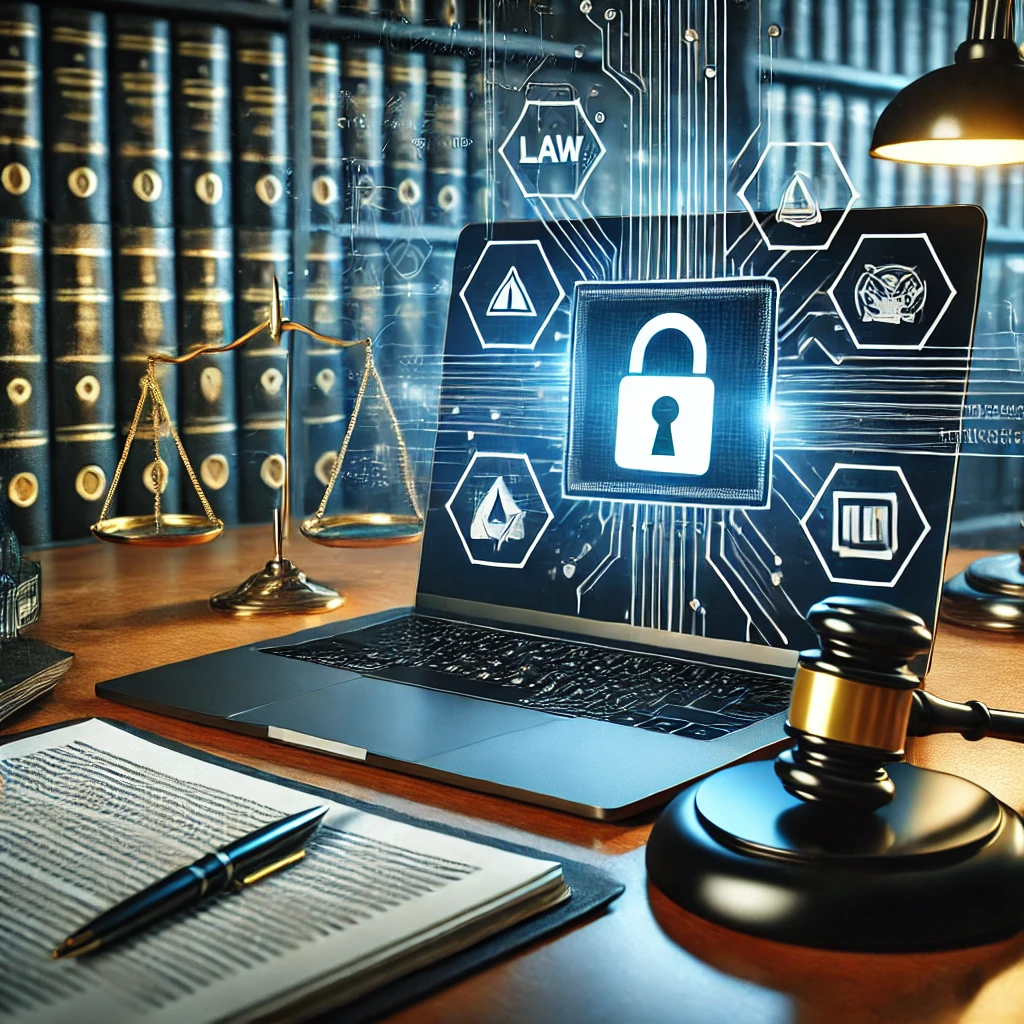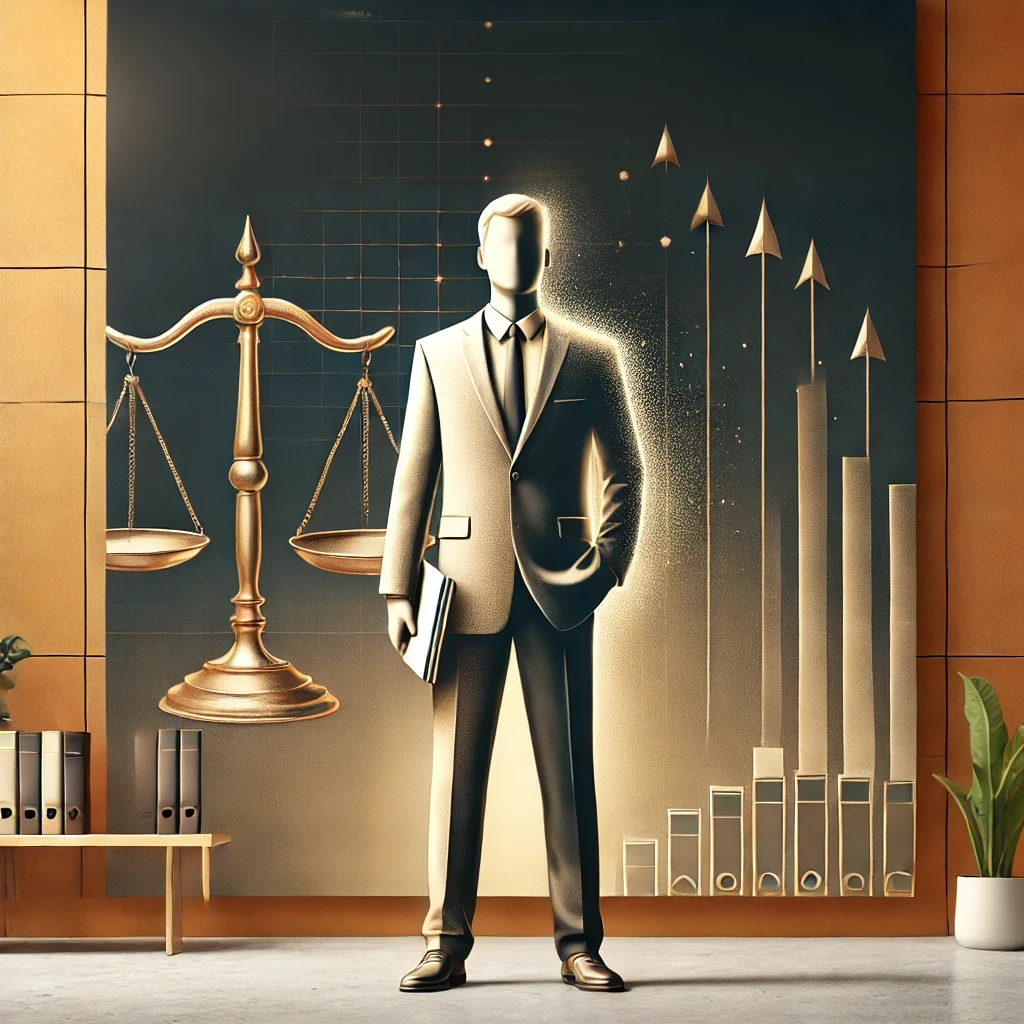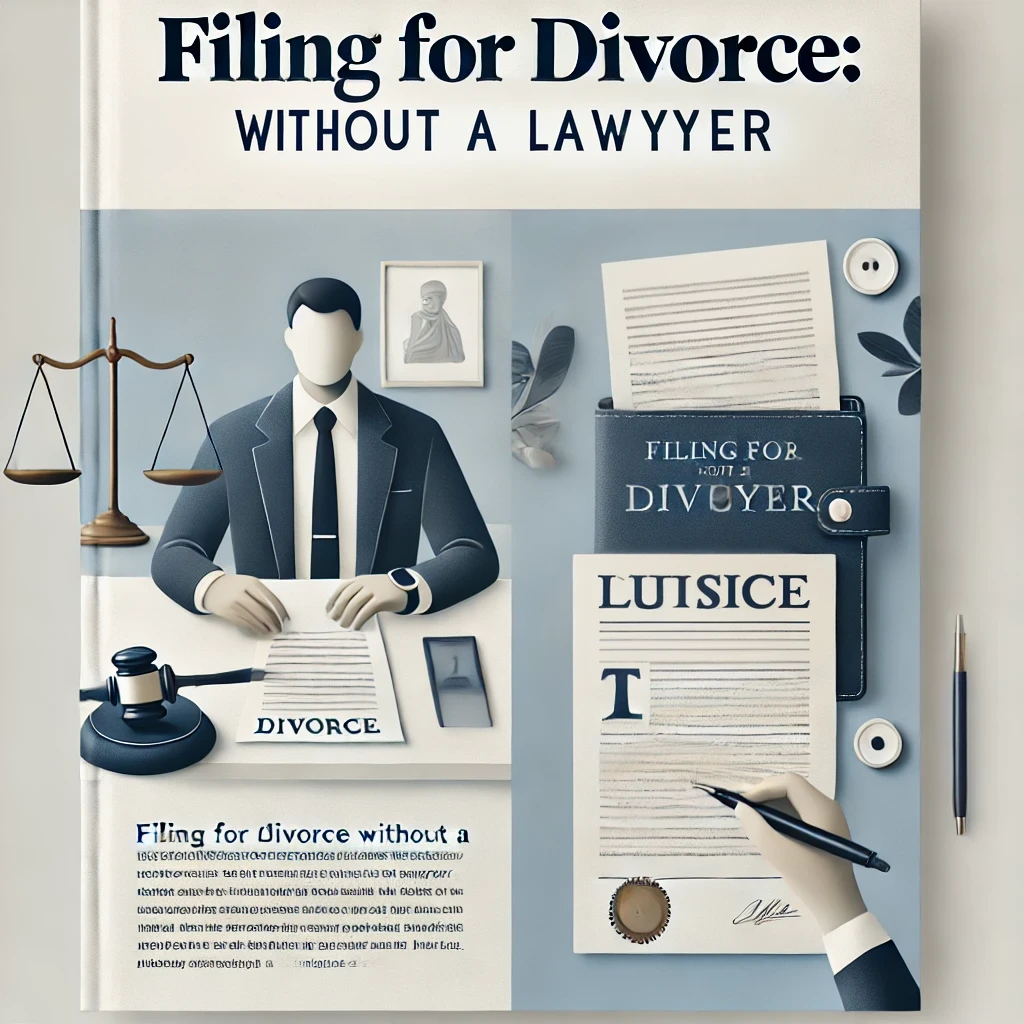
What You Need to Know About the Legal Implications of Sharing Screenshots
The Digital Age and Its Legal Complexities
In our increasingly digital world, the act of sharing information has evolved dramatically. One common practice that many engage in daily is sharing screenshots—whether from conversations on social media, documents, or even private messages. However, while this might seem innocuous, the legal implications of sharing screenshots are far more complex than they appear. As we navigate the fine line between communication and legal boundaries, it’s crucial to understand the potential risks involved. From copyright concerns to privacy violations, sharing screenshots can have serious legal repercussions. This blog will guide you through the intricacies of these legal implications, helping you become more informed and cautious in your online interactions.
Key Takeaways on Screenshot Sharing
- Understanding Copyright
- Privacy Concerns
- Context Matters
- Best Practices
- Legal Precedents
Screenshots can often capture copyrighted material, leading to potential infringement.
Sharing private conversations or messages can lead to violations of privacy laws.
The legality of sharing a screenshot can depend on its context and the content involved.
Adopting best practices can mitigate legal risks when sharing screenshots.
Various legal cases highlight the complexities and potential liabilities associated with sharing screenshots.
A Step-by-Step Guide to Safely Sharing Screenshots
- Step 1: Identify the Content
- Step 2: Consider the Context
- Step 3: Assess Copyright Ownership
- Step 4: Redact Sensitive Information
- Step 5: Provide Context When Sharing
- Step 6: Be Aware of Policies
- Step 7: Seek Legal Advice if Unsure
Before sharing a screenshot, determine what the content is. Is it a copyrighted image, a private conversation, or public information? Understanding the nature of the content is crucial.
Evaluate the context in which the screenshot was taken. For instance, if it involves a sensitive discussion, think about whether sharing it could breach privacy expectations.
Check if you own the rights to the content in the screenshot. If it belongs to someone else, you may need permission to share it, especially if it is for commercial use.
If you decide to share a screenshot of a private conversation or sensitive data, make sure to redact any personal information that could identify individuals or compromise their privacy.
When sharing a screenshot, particularly on public platforms, provide context to avoid misunderstandings. This can also help in justifying your reasons for sharing.
Familiarize yourself with the policies of the platform you are using to share screenshots, as many have specific guidelines on sharing copyrighted or sensitive content.
If you’re ever in doubt about the legality of sharing a screenshot, it’s wise to consult with a legal expert to avoid potential pitfalls.
Understanding the Legal Landscape of Sharing Screenshots
Sharing screenshots can invoke various legal concerns, particularly regarding copyright and privacy laws. Copyright law protects original works of authorship, meaning that if a screenshot captures a copyrighted work, such as an image, text, or video, sharing it without permission could infringe on the copyright holder's rights. Cases like *Perfect 10, Inc. v. Amazon.com, Inc.* illustrate the complexities of copyright in the digital age, highlighting the need for users to understand the boundaries of fair use. Moreover, privacy laws such as the Electronic Communications Privacy Act (ECPA) and various state laws protect individuals from unauthorized sharing of private information. For example, in *Nussenzweig v. DiCorcia*, the court ruled in favor of a photographer whose photo was used without consent, emphasizing the importance of obtaining permission before sharing any visual content that could invade someone's privacy. Furthermore, sharing a screenshot can lead to unintended consequences. For instance, if a screenshot taken from a private chat is shared publicly, it could result in reputational damage or emotional distress for the individuals involved. Such situations can lead to legal action, making it imperative to tread carefully when sharing digital content. Awareness of both copyright and privacy laws, as well as understanding the potential risks involved, can help individuals navigate the complex legal landscape concerning screenshot sharing.

Real-World Examples of Legal Issues from Sharing Screenshots
- Case Study 1: The Twitter Screenshot Controversy
- Case Study 2: Copyright Infringement in Literature
In a notable case, a celebrity's private Twitter messages were leaked through screenshots shared by a third party. The celebrity filed a lawsuit against the individual who shared the screenshots, asserting a breach of privacy. The court ruled in favor of the celebrity, stating that sharing private conversations without consent violated their right to privacy. This case underscores the risks associated with sharing screenshots of private communications, reinforcing the importance of obtaining explicit permission before sharing such content.
Another significant case involved an academic who shared screenshots of pages from a published book on social media without permission. The publisher sued for copyright infringement, arguing that the screenshot constituted unauthorized reproduction of their work. The court ruled that the academic's sharing of the screenshots did not fall under fair use, resulting in significant financial penalties. This instance highlights the precarious nature of sharing screenshots that contain copyrighted material, especially when it comes to educational and academic contexts.
FAQs
- Is it legal to share screenshots of private messages?
- Can I get in trouble for sharing a screenshot of a copyrighted image?
- What are the consequences of sharing misleading screenshots?
- Are there any exceptions to copyright laws concerning screenshots?
- What should I do if someone shares my private messages without consent?
- How can businesses protect themselves when sharing screenshots?
Sharing screenshots of private messages can lead to legal issues, particularly if the individuals involved did not consent to the sharing. Depending on the jurisdiction, this could violate privacy laws. It's crucial to obtain consent from all parties before sharing such content publicly.
Yes, sharing a screenshot of a copyrighted image without permission can lead to copyright infringement claims. If the image is protected under copyright law, you may need to seek permission from the copyright holder, especially for commercial purposes.
Sharing misleading or doctored screenshots can result in defamation claims if the content causes harm to someone's reputation. Additionally, it may violate platform policies, leading to account suspension or legal action.
The fair use doctrine allows for limited use of copyrighted material without permission for purposes such as criticism, comment, news reporting, and education. However, the application of fair use is complex and depends on various factors, so it's advisable to consult with a legal expert before relying on this defense.
If someone shares your private messages without consent, you may have legal grounds to pursue action against them for privacy violations. Document the incident, consult with a legal professional, and consider notifying the platform where the content was shared to seek removal.
Businesses can protect themselves by implementing clear policies on sharing internal communications, seeking permissions for external content, and providing training on copyright and privacy issues to employees.
Further Reading and Resources
For those looking to delve deeper into the topic of screenshot sharing and its legal implications, consider consulting the following resources: the U.S. Copyright Office's website, the Electronic Frontier Foundation (EFF), and legal advice platforms such as Avvo or LegalZoom. These resources can provide additional insights and guidance on the legal landscape surrounding digital content sharing.
Final Thoughts on Sharing Screenshots Legally
Sharing screenshots is a common practice in our digital interactions, but it's essential to approach this activity with caution. Understanding the legal implications, such as copyright and privacy laws, can protect you from potential pitfalls. Always consider the context and content of what you share, and when in doubt, seek professional legal advice. By being informed and responsible, you can navigate the complexities of sharing digital content safely.
Need Legal Guidance?
If you have questions or need assistance regarding the legal implications of sharing screenshots or any other online law issues, don’t hesitate to reach out to me, Lex Harper. Visit my website or contact me directly for expert legal consultation tailored to your needs.





Comments